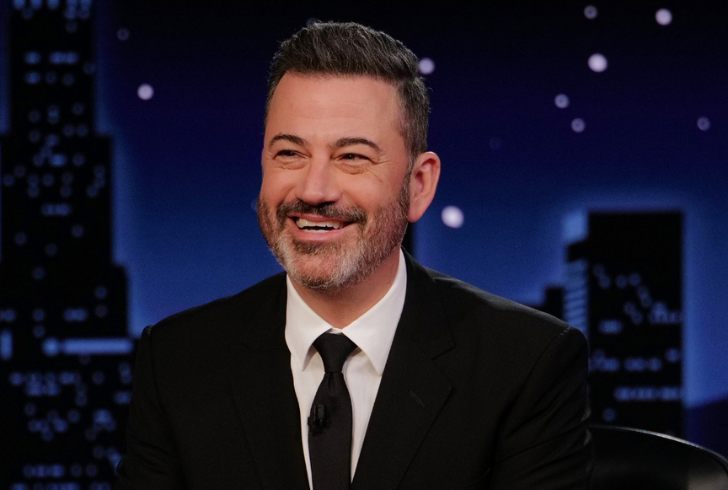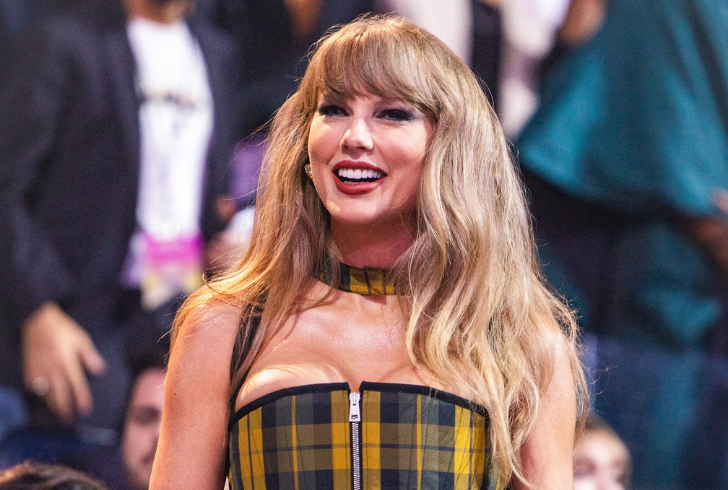Public voices hold influence, and when those voices belong to Hollywood celebrities, the impact is often magnified. While they may not control the course of politics or culture, their statements and actions can spark dialogue that shifts public attention and challenges authority.
Recent events surrounding censorship, freedom of speech, and global conflicts highlight the role celebrities play in shaping conversations that matter to everyday Americans.
When Censorship Meets Celebrity Voices
On September 17, Jimmy Kimmel Live! was abruptly taken off the air by ABC, owned by Disney, after Jimmy Kimmel made a remark about Charlie Kirk’s assassin. The comment itself was far from inflammatory, yet it provoked such outrage from President Donald Trump that the head of the Federal Communications Commission publicly threatened ABC, stating, “we can do this the easy way or the hard way.”
The response was immediate. Roughly 400 celebrities, including Robert De Niro, Jennifer Aniston, and Michael Keaton, signed a letter organized by the American Civil Liberties Union condemning the move. The letter read:
“Regardless of our political affiliation, or whether we engage in politics or not, we all love our country. We also share the belief that our voices should never be silenced by those in power – because if it happens to one of us, it happens to all of us.”

Instagram | wsj | A remark by Jimmy Kimmel regarding Charlie Kirk’s killer caused ABC to abruptly take Jimmy Kimmel Live! off the air.
ABC eventually reinstated Kimmel on September 23. Whether that decision came from mounting celebrity pressure or the network’s financial interests remains uncertain. Still, the episode raised fears about silencing dissent in a country where free speech is meant to be protected.
Historical Echoes of Suppression
The Kimmel incident drew parallels to earlier chapters of American history. Less than a century ago, during the Red Scare, artists accused of communist ties were blacklisted from Hollywood.
Today, concerns grow that censorship could again creep into mainstream culture—whether through government directives or self-imposed silence from those afraid of professional consequences.
If celebrities face repercussions for relatively mild remarks, ordinary citizens may hesitate to voice their opinions at all.
Celebrity Activism in the Spotlight
September also witnessed another moment where Hollywood stars used their platform to address pressing global issues. At the Emmy Awards, multiple actors expressed solidarity with Palestinians amid the ongoing conflict between Israel and Hamas. Red Artist4Ceasefire pins appeared across the red carpet, while comedian Megan Stalter carried a purse with a bold “Ceasefire!” sign.
Hannah Einbinder, accepting her first Emmy for "Hacks," ended her speech by declaring: “Go birds, (expletive) ICE and free Palestine.” This moment wasn’t just a symbolic statement. It followed a larger industry petition, signed by more than 4,000 entertainment professionals, pledging not to collaborate with Israeli institutions complicit in “genocide and apartheid against the Palestinian people.”
These demonstrations signaled a cultural shift. Celebrities weren’t simply chasing publicity; they were making clear, actionable commitments. While it’s uncertain how much these stances change public opinion, they create space for conversations that once felt too controversial to have in mainstream media.
Do Celebrity Opinions Truly Matter?

Instagram | taylorswiftes_ | High-profile endorsements like Taylor Swift's for Kamala Harris rarely sway elections, despite the headlines.
Public reaction to celebrity statements often suggests limited influence. Endorsements during elections, for example, rarely sway large numbers of voters. Taylor Swift’s endorsement of Kamala Harris in the 2024 presidential race made headlines but didn’t change the outcome. Similarly, Oprah Winfrey’s backing of Barack Obama in 2008 barely registered in voter decision-making, with only 30% of Americans reporting it could affect their vote.
What does carry weight, however, is financial backing. Elon Musk’s $290 million investment in pro-Trump messaging during the 2024 election significantly shaped the political narrative. Beyond money, Trump’s own celebrity status fueled his political brand in ways traditional endorsements never could.
The Role of Celebrities in Public Discourse
Hollywood stars may not shift elections or single-handedly influence policy, but their willingness to speak out can make a difference in other ways. They can normalize difficult conversations, highlight injustices, and give everyday Americans confidence to express their own views.
Censorship concerns, like those raised by Jimmy Kimmel’s temporary suspension, highlight the importance of protecting voices in public life. Similarly, celebrity activism around global conflicts demonstrates that entertainment figures are more than performers—they are individuals with opinions, values, and influence that extend beyond the screen.
Even when their words don’t spark immediate change, celebrities bring visibility to issues that might otherwise remain hidden. Their platforms reach millions, amplifying messages that challenge authority or question the status quo. Whether calling out censorship or advocating for global justice, Hollywood voices may not control the narrative, but they undeniably shape the conversations Americans are willing to have.
